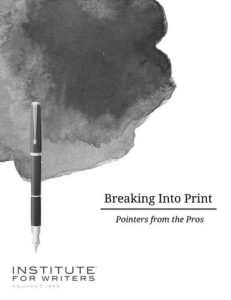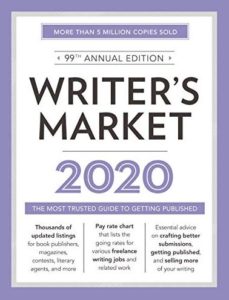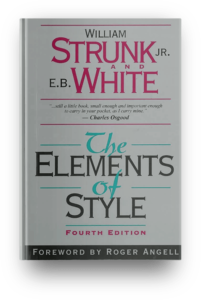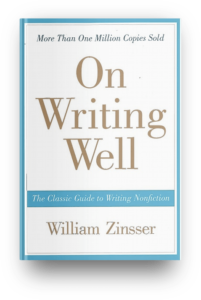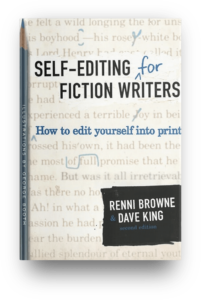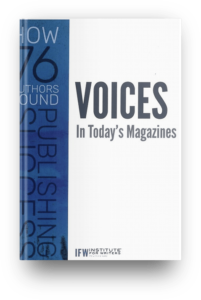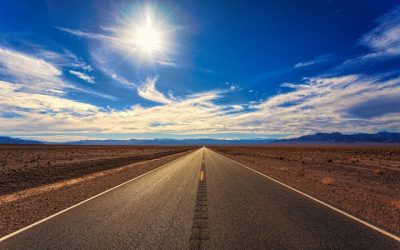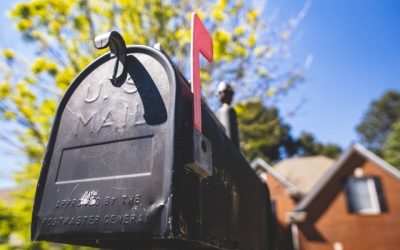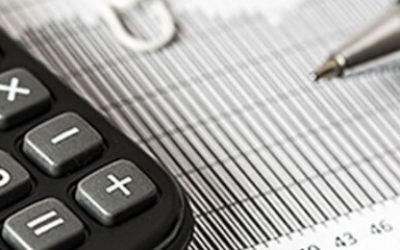
Material Included in your Breaking Into Print Course
Breaking into Print Course Manual, IFW Publishing.
The Instruction Manual published exclusively for our students. It contains assignments, idea generators, planning guides, writing and revision techniques and guidelines for preparing a book submission package.


Material Included in your Breaking Into Print Course
Breaking into Print Pointers from the Pros, IFW Publishing.
Pointers from the Pros are a collection of teaching aids, either mini lectures or short skill tips, that your instructor will reference throughout your course. These supplementary guides provide in-depth expertise on a wide range of writing concepts to reinforce your instruction.


Material Included in your Breaking Into Print Course
Writers Market, edited by Robert Lee Brewer, Writers Digest Books, 6th edition, ISBN 978-1-44034-773-3.
Writer's Market 2020 (e-book) guides you through the submissions process with thousands of publishing opportunities for writers, including listings for book publishers, consumer and trade magazines, contests and awards, and literary agents—as well as new playwriting and screenwriting sections. These listings feature contact and submission information to help writers get their work published.


Material Included in your Breaking Into Print Course
The Elements of Style, by William Strunk Jr. and E.B. White, 4th edition, ISBN 978-0205309023, 2000.
A classic manual on the principles of English language. Decidedly the most practical handbook of grammar, correct usage, punctuation, and effective writing techniques.

Material Included in your Breaking Into Print Course
On Writing Well: The Classic Guide to Writing. William Zinsser, Harper Perennial, 7th edition, ISBN 978-0-06-089154-1, 2006.
Known for its sound advice, On Writing Well offers you fundamental principles as well as the insights of a distinguished writer and teacher. With more than a million copies sold, this volume has stood the test of time and remains a valuable resource for writers and would-be writers.

Material Included in your Breaking Into Print Course
Searching: a Research Guide for Writers, IFW Publishing, 6th edition, ISBN 978-1-944743-13-0.
Prepared especially for our students, this handbook introduces a variety of sources and methods available for tracking down information, an indispensable guide to research resources.

Material Included in your Breaking Into Print Course
Self Editing for Fiction Writers, Renni Brown and Dave King, William Morrow, 2nd edition, ISBN 0-06-054569-0, 2006.
Two professional editors teach writers the techniques of the editing trade that turn promising manuscripts into published novels and short stories.

Material Included in your Breaking Into Print Course
Voices in Today’s Magazines, IFW Publishing, ISBN 978-1-889715-48-3.
An anthology of notable published fiction and nonfiction with a purpose: to give you 81 outstanding models of characterization, dialogue, viewpoints, endings, settings, leads, conflict, climax, voice, flashbacks, (and every aspect of each of these elements), to examine, understand, consider and, perhaps, add to your arsenal of skills.














